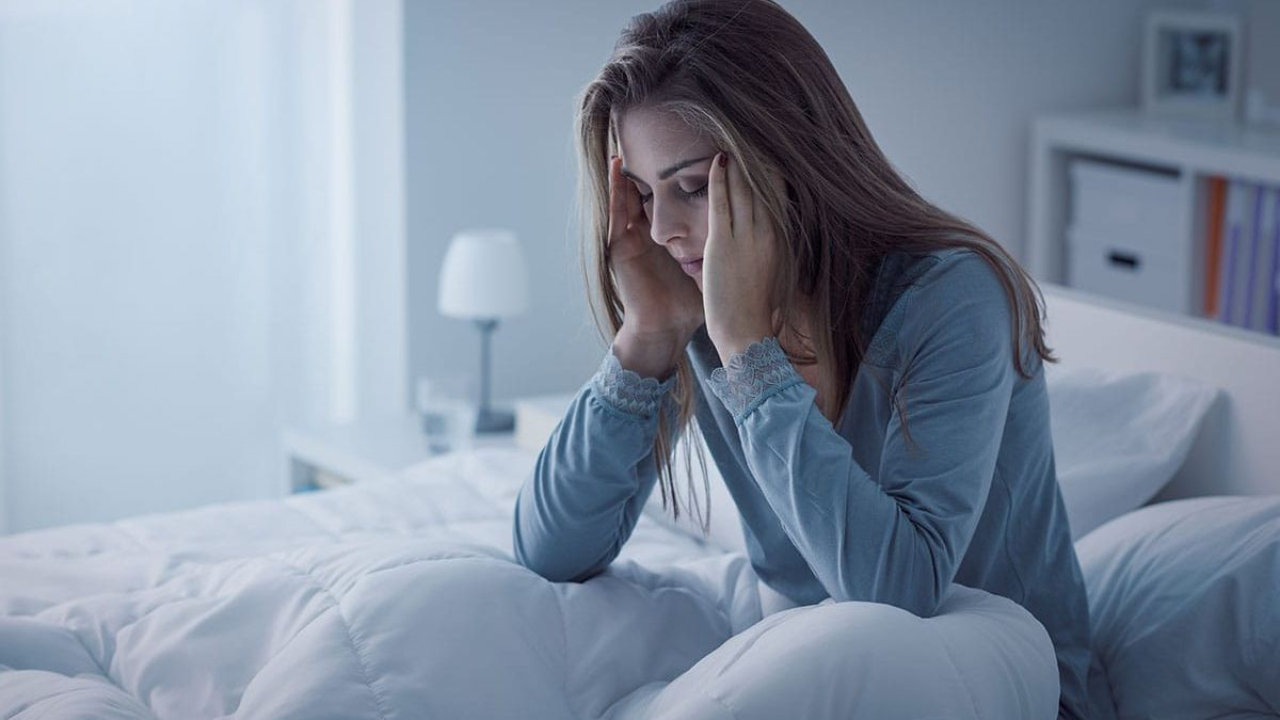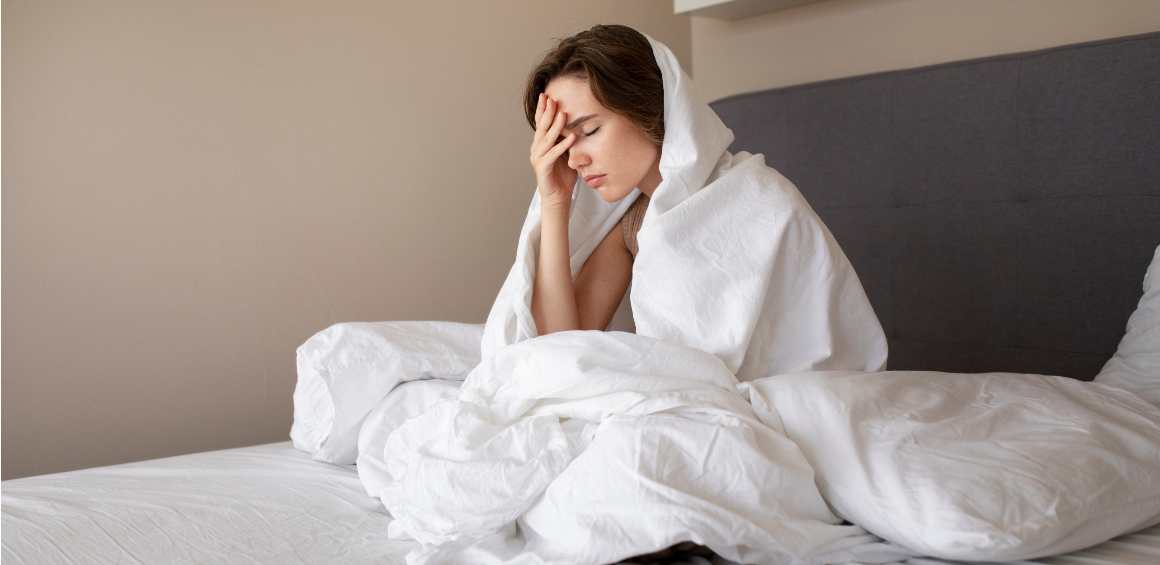Insomnia Management in Psychiatric Care: Evidence-Based Strategies for Better Sleep

Insomnia is one of the most prevalent and persistent challenges encountered in psychiatric practice, often functioning as both a primary symptom and an exacerbating factor in a wide range of mental health disorders. Patients diagnosed with depression, anxiety, bipolar disorder, post-traumatic stress disorder (PTSD), and other psychiatric conditions frequently struggle with sleep-related issues such as difficulty initiating sleep, maintaining restful sleep, experiencing early morning awakenings, or suffering from chronically poor sleep quality. In psychiatric populations, addressing insomnia is not merely a matter of improving rest—it is an integral component of comprehensive, effective mental health care that can meaningfully shape treatment trajectories and long-term outcomes. Unmanaged sleep disturbances can intensify psychiatric symptoms, prolong recovery times, heighten emotional instability, and significantly increase the likelihood of relapse, making insomnia management a critical priority for psychiatric nurse practitioners (Psych NPs), psychiatrists, and other mental health professionals committed to delivering holistic care. In fact, research increasingly highlights that successful treatment of co-occurring insomnia can enhance the overall effectiveness of interventions for primary psychiatric disorders. Therefore, adopting a proactive, multimodal approach to insomnia can not only improve sleep quality but can also contribute to mood stabilization, anxiety reduction, and cognitive restoration. This blog will explore the leading evidence-based strategies for managing insomnia in psychiatric patients, emphasizing the importance of Cognitive Behavioral Therapy for Insomnia (CBT-I), appropriate pharmacologic interventions, structured sleep hygiene education, and innovative solutions emerging from the field of digital therapeutics. By integrating these strategies into psychiatric care plans, providers can help their patients achieve more restorative sleep, support emotional regulation, and foster lasting mental wellness.
The Complex Relationship Between Insomnia and Mental Health
 Cognitive Behavioral Therapy for Insomnia (CBT-I): The Gold Standard
Cognitive Behavioral Therapy for Insomnia (CBT-I): The Gold Standard
Cognitive Behavioral Therapy for Insomnia (CBT-I) is widely recognized as the gold standard and first-line treatment for chronic insomnia, especially in individuals with co-occurring psychiatric disorders. Unlike pharmacologic treatments that may offer temporary relief, CBT-I targets the root causes of insomnia by addressing the unhelpful thought patterns, conditioned behaviors, and lifestyle factors that perpetuate poor sleep. It provides a structured, skills-based approach to improving sleep that has demonstrated long-lasting benefits. One of the central components of CBT-I is Sleep Restriction Therapy, which intentionally limits the time a patient spends in bed to match their actual sleep duration, ultimately building sleep efficiency and consolidating rest periods. Stimulus Control is another critical technique that teaches patients to reserve their beds exclusively for sleep and intimacy, thereby breaking the association between the bed and wakefulness. Cognitive Restructuring helps patients identify irrational or exaggerated beliefs about sleep—such as catastrophic fears of insomnia—and replace them with more balanced, realistic thoughts that reduce sleep-related anxiety. Relaxation Techniques like progressive muscle relaxation, mindfulness meditation, deep breathing exercises, and guided imagery are used to reduce physical and cognitive arousal that can interfere with falling asleep. Sleep Hygiene Education focuses on teaching habits that promote restorative sleep, including maintaining a regular sleep schedule, limiting caffeine and alcohol, creating a dark and quiet sleep environment, and avoiding stimulating activities before bedtime. CBT-I has consistently proven effective in both primary and comorbid insomnia, showing improvements not just in sleep onset and duration but also in psychiatric symptoms such as anxiety, depression, and mood instability. Importantly, CBT-I can be adapted to various clinical formats, including individualized therapy, group-based sessions, and digital applications, which increases its accessibility across healthcare settings. For psychiatric nurse practitioners, gaining proficiency in CBT-I techniques is a highly valuable skill that enhances patient outcomes and promotes long-term recovery. By integrating CBT-I into psychiatric care plans, providers can offer their patients sustainable tools to overcome insomnia and support their overall mental health journey.
Pharmacologic Options for Insomnia Management
While Cognitive Behavioral Therapy for Insomnia (CBT-I) remains the gold standard and first-line treatment, there are situations where pharmacologic interventions become necessary, particularly for psychiatric patients experiencing severe, acute, or debilitating insomnia that requires immediate symptom relief. In these cases, medications can offer short-term support while non-pharmacological strategies are gradually introduced. However, careful medication selection, close monitoring, and patient education are critical to minimize potential risks.
Sleep Hygiene: Foundational but Not Sufficient Alone
The Role of Digital Therapeutics in Insomnia Care
Special Considerations for Psychiatric Populations
Conclusion
FAQs
1. Can treating insomnia improve mental health outcomes?
Yes. Effective insomnia management has been shown to improve symptoms of depression, anxiety, PTSD, and other psychiatric conditions. Treating insomnia can also reduce the risk of relapse and enhance overall treatment adherence.
2. What is the most recommended first-line treatment for insomnia in psychiatric patients?
Cognitive Behavioral Therapy for Insomnia (CBT-I) is the gold standard and first-line treatment, offering sustainable improvements without the risks associated with long-term medication use.
3. Are sleep medications safe for patients with psychiatric disorders?
Sleep medications can be used safely with proper monitoring, but they should be prescribed cautiously, especially in populations with substance use history or complex medication regimens. Combining medications with CBT-I is often recommended.
4. How does insomnia affect psychiatric disorders?
Insomnia can worsen psychiatric symptoms, increase emotional dysregulation, impair concentration, and elevate suicide risk. Poor sleep often creates a feedback loop that perpetuates mental health struggles.
5. Can digital therapeutics fully replace in-person CBT-I?
Digital therapeutics offer accessible, evidence-based options and can be highly effective. However, some patients with complex psychiatric needs may still benefit from in-person therapy or hybrid approaches.
6. Is sleep hygiene enough to treat chronic insomnia?
Sleep hygiene alone is usually insufficient for chronic insomnia. It should be combined with structured interventions like CBT-I for meaningful and lasting improvements.
7. How can NPs support patients struggling with insomnia?
Psychiatric nurse practitioners can assess insomnia comprehensively, deliver CBT-I, provide sleep hygiene education, prescribe medications when appropriate, and recommend digital CBT-I platforms to support patient self-management.
8. What special considerations apply to bipolar patients with insomnia?
Maintaining stable circadian rhythms is crucial in bipolar disorder. Avoiding sleep deprivation, using mood stabilizers carefully, and prioritizing sleep regularity can help prevent mood episodes.
9. Can insomnia be a warning sign of psychiatric relapse?
Yes. Emerging insomnia can signal a potential relapse in conditions like depression, bipolar disorder, and psychosis, making it a critical symptom to monitor.
10. How can mindfulness help with insomnia?
Mindfulness practices reduce cognitive arousal and nighttime rumination, which can interfere with sleep onset. Mindfulness-based cognitive therapy for insomnia (MBCT-I) is a growing area of interest with promising results.




